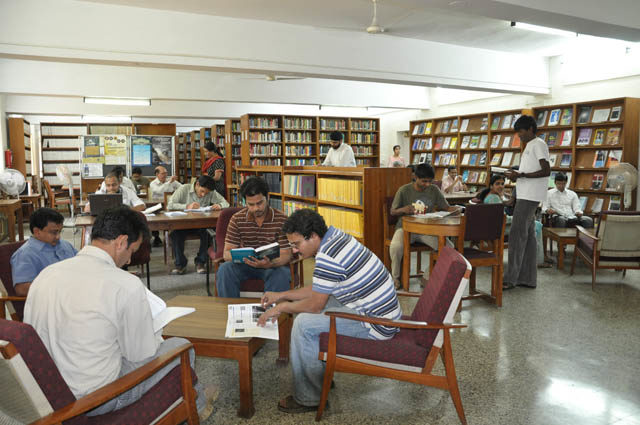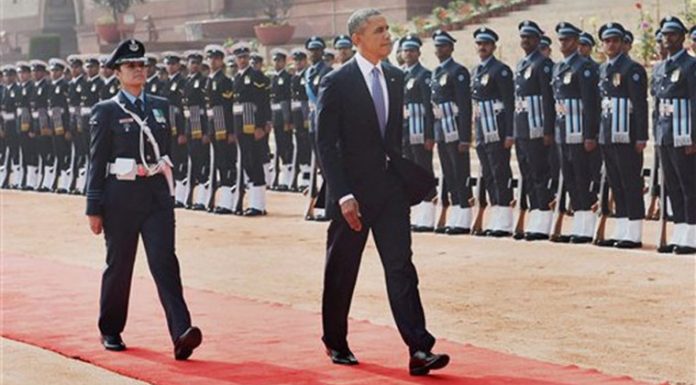India has always looked to the United States of America as an ideal, striving to become more like that country in many ways. In fact, in many ways, we could not have chosen a worse ideal, given that the consumerist culture and proclivity for bigotry that country shows from time to time is definitely not worth emulating. But one fascinating aspect of American life that India could do well to replicate is the Public Library system.
The USA’s public library system originated in the 1880’s with a push for literacy leading to the establishment of a number of libraries that were funded from tax revenues and private donations, and whose membership was free to the public. They remain open to this day, providing the service, incalculable in worth, of bringing the magic of books, words and education to every person in the community.

India, by contrast, has very few public libraries. Most of the quality libraries operate on a subscription model, and are as often as not, run by the British Council or a similar body. There are some libraries that run on donations, which are relatively inexpensive, but the list of quality public libraries in India is tragically short.
In order to understand the effect of public libraries on society, it would be helpful to look at the experiences of citizens in other parts of the world. A survey conducted in Vancouver concluded that as many as 73% of its citizens had visited the public library at least once in the year, with 62% stating they simply would not be able to read as much as they did in the absence of the public library. Another study conducted in Germany concluded that by offering a place for meeting, learning and working, a public library was an essential pillar of society. In fact, the Indian Library Association has tried to push for making Public Libraries a part of the ‘Smart City’ initiative, integrating the #DigitalIndia push with the function of a library in bringing not just books, but online databases and internet access to the masses.
One of the major objectives of the ‘Smart City’ initiative is to ensure the development of a knowledge-based economy where skilled workers are able to continuously improve themselves and align their capabilities for the work of the future. Public libraries would be an important facet of this endeavour, by making the resources freely available to the workers of the future.
Interestingly, there is historical precedent. The ancient University of Nalanda is recorded as having one of the biggest public libraries in the world, which is what attracted many Chinese scholars to come and study there. More recently, Maharaja Sayajirao Gaikewad of Baroda, a noted lover of European culture, tried to implement a public library system in India, funding a number of free libraries in his kingdom.
In India, the formation of Public Libraries is a state subject, but half of the states in India have not passed legislation or earmarked funds for formalising an effective Public Libraries policy. And this is tragic, because Libraries are reservoirs of knowledge, which will stagnate if not replenished with new books, better facilities and so on.
A Public Library system is an essential part of a country’s knowledge base, enabling the citizenry to grow intellectually and become a part of the future. If Digital India does not want to leave behind the majority of its citizens, it is essential that we invest in the Public Library system.































